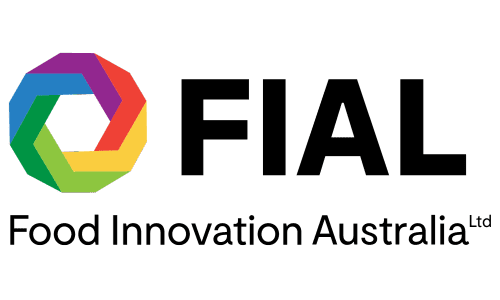
Is Australia on track to halve food waste by 2030?
FIAL funds $400k feasibility study, taking a key step towards reducing Australia’s food waste.
Each year, over five million tonnes of food in Australia ends up in landfill, enough to fill 9,000 Olympic-sized swimming pools.[1]
In 2017, the Australian Government committed to halve this level of food waste by the year 2030. Today, a key destination in that journey has been reached.
As an independent organisation supporting the implementation of this national commitment, Food Innovation Australia Limited (FIAL) has now commenced its $400k National Food Waste Strategy Feasibility Study (Feasibility Study).
Bringing together an international consortium of individuals and organisations with globally recognised expertise, FIAL’s Feasibility Study will test whether this commitment to halve Australia’s food waste by 2030 is indeed possible and what actions will increase the likelihood of achieving this target.
Australia’s largest dedicated sustainability consultancy, Edge Environment, has been appointed by FIAL as the lead consultancy alongside WRAP, 3Keel and Lifecycles.
“FIAL has a demonstrated track record in building collaborations across sectors, supply chains and industry groups to tackle food waste. Edge Environment is thrilled to be a part of the consortium that will see the full suite of required skills, and market-specific expertise to address these challenging feasibility questions,” said Max Van Bien, Head of Strategy at Edge Environment.
The Feasibility Study will fill significant data gaps; increase understanding around the environmental impacts of food waste in production, consumption and waste management; identify food waste ‘hotspots’ across the value chain and the solutions for their reduction; develop a number of scenarios under which the target could be achieved and the costed delivery trajectories of these; and make recommendations on which delivery trajectories and initiatives will most likely see the target achieved.
“Commencing the National Food Waste Strategy Feasibility Study is a positive step towards Australia’s goal of halving the amount of food either lost or wasted across the food value chain by 2030 – this is undoubtedly an ambitious goal and how to achieve this needs to be adequately understood,” said Dr Mirjana Prica, FIAL Managing Director.
The Feasibility Study was identified in FIAL’s Roadmap for Reducing Australia’s Food Waste by Half by 2030, released earlier this year, as a crucial first step in reducing Australia’s food waste. Over the past two years, FIAL has been working closely with multiple stakeholders to identify the steps required to make the food waste reduction target a reality.
These stakeholders include food rescue and relief organisations, agri-food industry peak bodies, the Fight Food Waste CRC, the National Food Waste Strategy Steering Committee, the States and Territory Government Reference Group, and various national and international food waste experts.
About FIAL:
Food Innovation Australia Limited (FIAL) is the catalyst that encourages the food and agribusiness industry to work collaboratively to grow the share of Australian food in the global marketplace. FIAL supports industry by sharing knowledge, building capability and creating connections. The Industry Growth Centres Initiative is an Australian Government Initiative.
Media Contacts:
Sophia Stewart-Kasimba – Communications Manager | sophia.stewart-kasimba@fial.com.au
Luke McQuillan – Digital and Social Media Manager | luke.mcquillan@fial.com.au
[1] https://www.environment.gov.au/protection/waste-resource-recovery/national-waste-reports/national-waste-report-2013/organic-waste
